If this topic isn’t a can of worms, we’re not sure what is. For as long as people have been drinking, they’ve been trying to avoid hangovers — or trying to determine which types of hangovers are the worst. Or trying to cure their hangover once they’ve gotten it. It’s like a beautiful adult merry-go-round: a vicious cycle of love/hate. That which we adore also hurts us. But, that hurt is so easily forgotten once you’re half a bottle of wine deep.
As for the red wine vs. white wine argument, you can probably find someone to substantiate either claim. At the end of the day, it’s far more likely that some other factor besides the type of wine you consumed is what accounts for the severity of your hangover. But is there any actual science (or at least, accepted popular opinion) to support a red or white wine hangover being worse than the other?
Argument One: alcohol content.
The simple fact is the more alcohol you drink, the worse your hangover will be. Go figure. The alcohol content in the wine you drink is definitely a factor in your hangover’s severity. Red wine, on average, has higher alcohol than white wine. Reds tend to average between 12 to 15 percent, with some as high as 16 percent, and whites are more toward 10 to 14 percent. So, there’s one dock against red wine. However, and you KNOW there’s a however, alcohol content is widely fluctuating! A German Riesling or a Vinho Verde can have just 8 or 9 percent alcohol. A pleasant little Gamay Noir can have just 11 percent. A big, bombastic California Chardonnay could have closer to 15 percent. There’s never just one answer. The key? Maybe just pick up the bottle and see what the percentage actually is.
Argument Two: legitimate thirst.
Here’s one dock against white wine: white wine refreshes and, on a warm day, even quenches your thirst a bit. Red wine, on the other hand, being naturally a bit higher in tannin, dries your mouth out just a touch and makes you want water. So, you’re sitting outside sipping nice cold white wine on a summer day. You’re probably more likely to drink a bit more than you intended. And please recall that first point we brought up: the more alcohol you consume, the worse your hangover will be.
Argument Three: the sneaky sciencey factor.
Histamines. Histamines, people! What is a histamine? Histamines are produced by yeasts and bacteria during the fermentation process. Granted, if you have a histamine sensitivity, you’re worse off eating a bowl of strawberries than drinking a glass of wine given the levels in each. However, generally speaking, red wines do have higher histamine levels than white wine. This is because reds spend more time in contact with the skins of the grapes during winemaking. Those with histamine sensitivity are prone to a host of symptoms, of which headaches are just a drop in the bucket. It wouldn’t be a stretch to experience them and tie them in with hangover symptoms. So, there’s another small dock against red wine.
Argument four: tannin.
Tannin, the naturally-occurring polyphenol found in grape skins, stems, and seeds, have a loose affiliation with the hangover. Tannin can interfere with serotonin levels, which will make your hangover seem worse. Some grapes are naturally higher in tannin, but as we stated just a few moments ago, that drying sensation will make you want water! And more water = less hangover.
So, we’re going to declare this a draw between red and white wine. If you were looking for a concrete answer, we’re not sure we have one. You’re welcome! Although there is slightly more evidence to conclude that reds may result in a more miserable morning, it’s not certain. What should you take from this dialogue? So many things go into the creation of your friend the hangover. Eat normally, hydrate, exercise, hydrate, and hydrate some more. It’s your best shot at a bright-eyed, bushy-tailed AM.

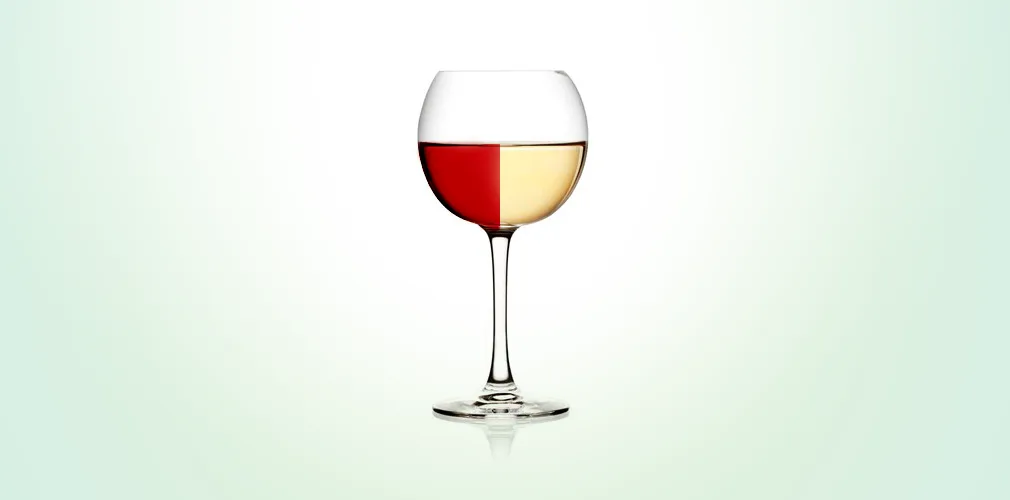
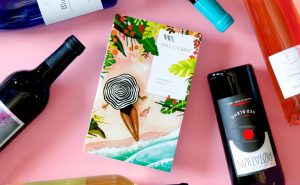
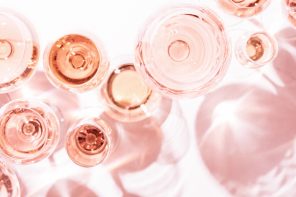
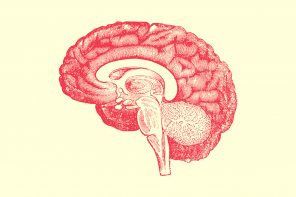
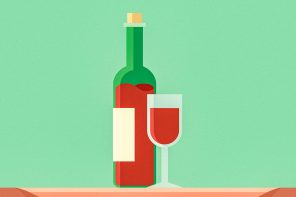
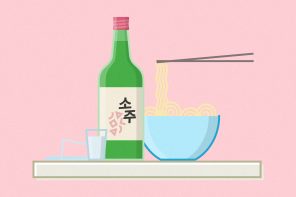
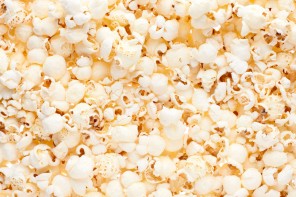
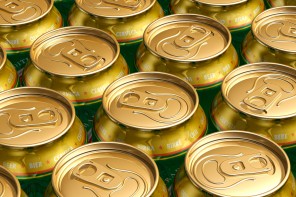
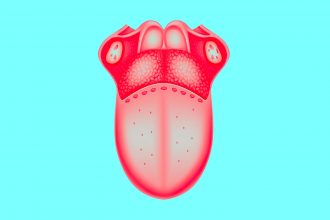
If you drink red wine and have migraines, you’re likely to get a headache as well. The answer to the conundrum of which wine might be solved by drinking 8 oz. or less. I suffer from migraines. Red wine is on my danger list as well as more than 4 oz. of orange juice, or too much chocolate. or more than 1/2 of banana